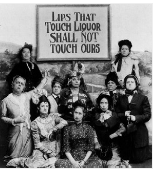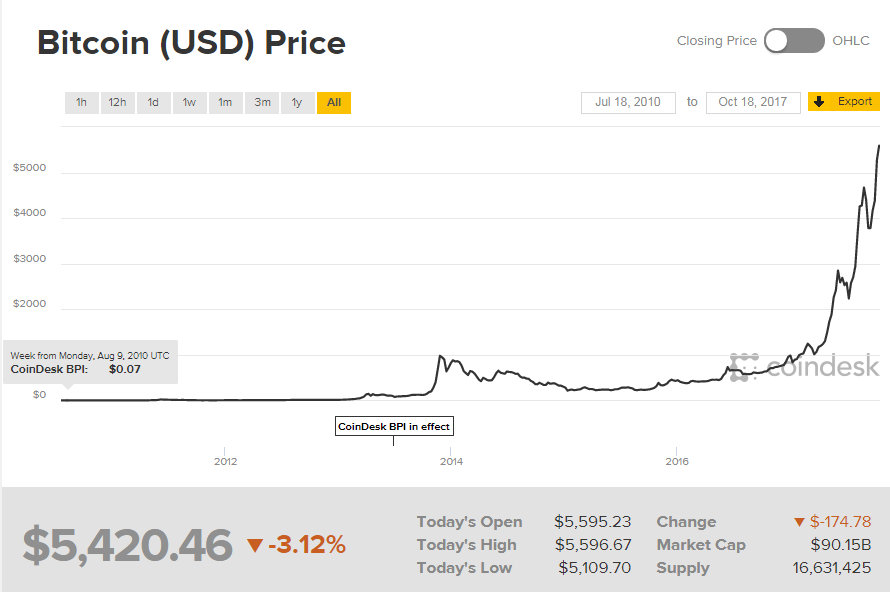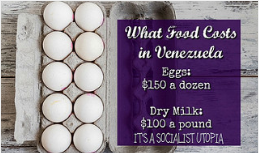America's been there before: Opioids versus Alcohol
If not for Harvey Weinstein the opioid crisis would be all the TV talking-heads would be gabbing about. Today, Rep. Tom Marino declined Donald Trump’s nomination to be the nation’s drug czar after he was mentioned frequently during Sunday’s “60 Minutes” episode. DEA whistleblower Joe Rannazzisi claimed big pharma is out of control and “says drug distributors pumped opioids into U.S. communities -- knowing that people were dying -- and says industry lobbyists and Congress derailed the DEA's efforts to stop it.” Marino and legislation he sponsored which neutered the DEA was a big part of the story.
Rannazzisi testified that 16,651 people died of opioid overdoses in 2010. The Washington Post and 60 Minutes report, according to Rannazzisi, “the opioid crisis was allowed to spread -- aided by Congress, lobbyists, and a drug distribution industry that shipped, almost unchecked, hundreds of millions of pills to rogue pharmacies and pain clinics providing the rocket fuel for a crisis that, over the last two decades, has claimed 200,000 lives.”
That’s 10,000 people a year. Significant, but small potatoes, compared to alcohol. According to the Center for Disease Control, from 2006 to 2010, an average of 88,121 people died each year from alcohol consumption. Bloomberg View editors write, “Excessive drinking, mainly binge drinking, costs some $250 billion a year in lost productivity, health care and other expenses. The toll in personal suffering and ruined lives is incalculable.”
More people die from liver disease each year, 14,695 on average, than opioid overdoses. But no one is pointing a finger at Diageo, Suntory, or Bacardi for killing people. Bloomberg writes, “One in eight Americans abuses alcohol, a new study finds, a 50 percent increase since the start of the century.
“Alcohol abuse is as old as civilization itself, of course, but quantifying its costs is a more recent endeavor. Alcohol is responsible for one in 10 deaths among working-age Americans.”
It’s perfectly A-okay to get drunk. A friend died recently of liver disease caused by excessive consumption. Those who attended his memorial, met afterward at his favorite watering hole--to do a shot.
Mourners don’t gather to do some oxycontin after a friend dies from an overdose.
So why no attack on alcohol? Because Prohibition was tried, and it failed. Mark Thornton wrote for the Cato Institute in 1991,
National prohibition of alcohol (1920-33)—the “noble experiment”—was undertaken to reduce crime and corruption, solve social problems, reduce the tax burden created by prisons and poorhouses, and improve health and hygiene in America. The results of that experiment clearly indicate that it was a miserable failure on all counts. The evidence affirms sound economic theory, which predicts that prohibition of mutually beneficial exchanges is doomed to failure.
Thornton concluded that prohibition leads to an increase in the size of government and did not solve the social problems it was supposed to. He includes a quote from Ludwig von Mises, "Once the principle is admitted that it is the duty of government to protect the individual against his own foolishness, no serious objections can be advanced against further encroachments."
No drug czar is needed, and the DEA can go home as well. People will self-medicate one way or another, with the government's blessing or without.






